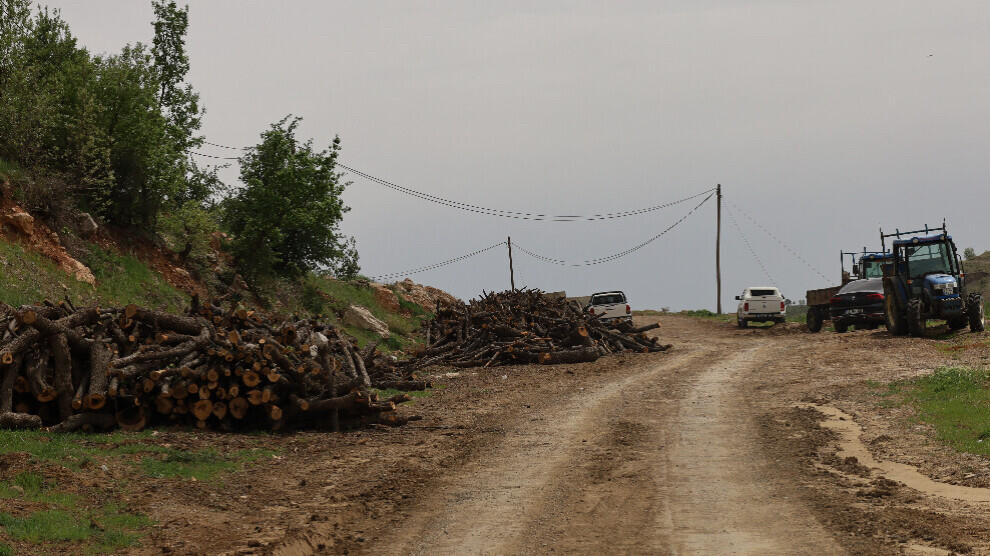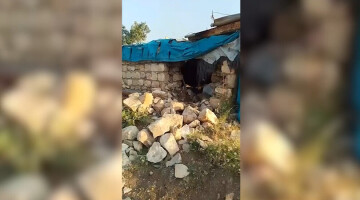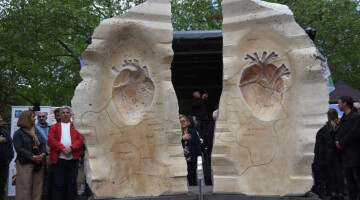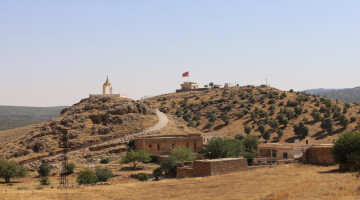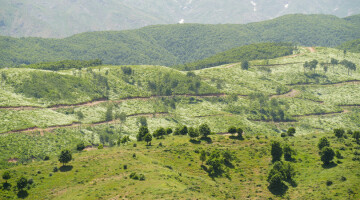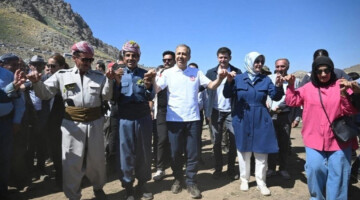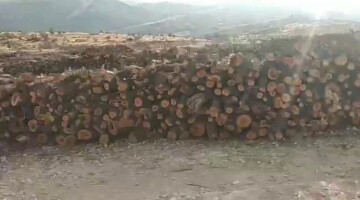In the region of Besta in Şırnak coutryside, systematic deforestation has been going on for years. Under the supervision of the Turkish army, so-called village guards, now referred to as “security guards,” are cutting down trees on a large scale. With the arrival of spring, this practice has begun again.
The felled trees, including centuries-old oaks, are being transported away by tractors and gathered in open areas. The work is being carried out under the supervision of two military posts. The deforestation campaign is particularly affecting the areas of Sêgirkê, Gundikmelê, and Xeribkê Bestê.
This cutting down of trees has significant environmental consequences. Over the past four years, the region's forest area has declined by around eight percent. Deforestation not only harms the environment, but also affects the livelihoods of local people. Nomadic herders report that they can no longer graze their animals due to the destruction of pastureland.
Despite numerous parliamentary inquiries and protests by the local people, the authorities remain inactive. Environmental initiatives accuse the government of pursuing economic interests under the pretext of security and opening up the region to mining projects, as has already happened in the Gabar and Cudi mountains. The systematic deforestation is seen as part of a broader strategy to change the demographic and ecological structure of the region.
Village guards
Village guards are Kurdish paramilitaries in the service of the Turkish state. The village guard system was established in Turkey in 1985 to combat the Kurdish liberation movement and has its roots in the Hamidiye Regiments in the Ottoman Empire. The paramilitary units, founded according to tried and tested colonial methods, are now officially called the "Security Guard" and are used as local experts and cannon fodder in Turkish military operations in Kurdistan. Their mission also includes foreign missions.

